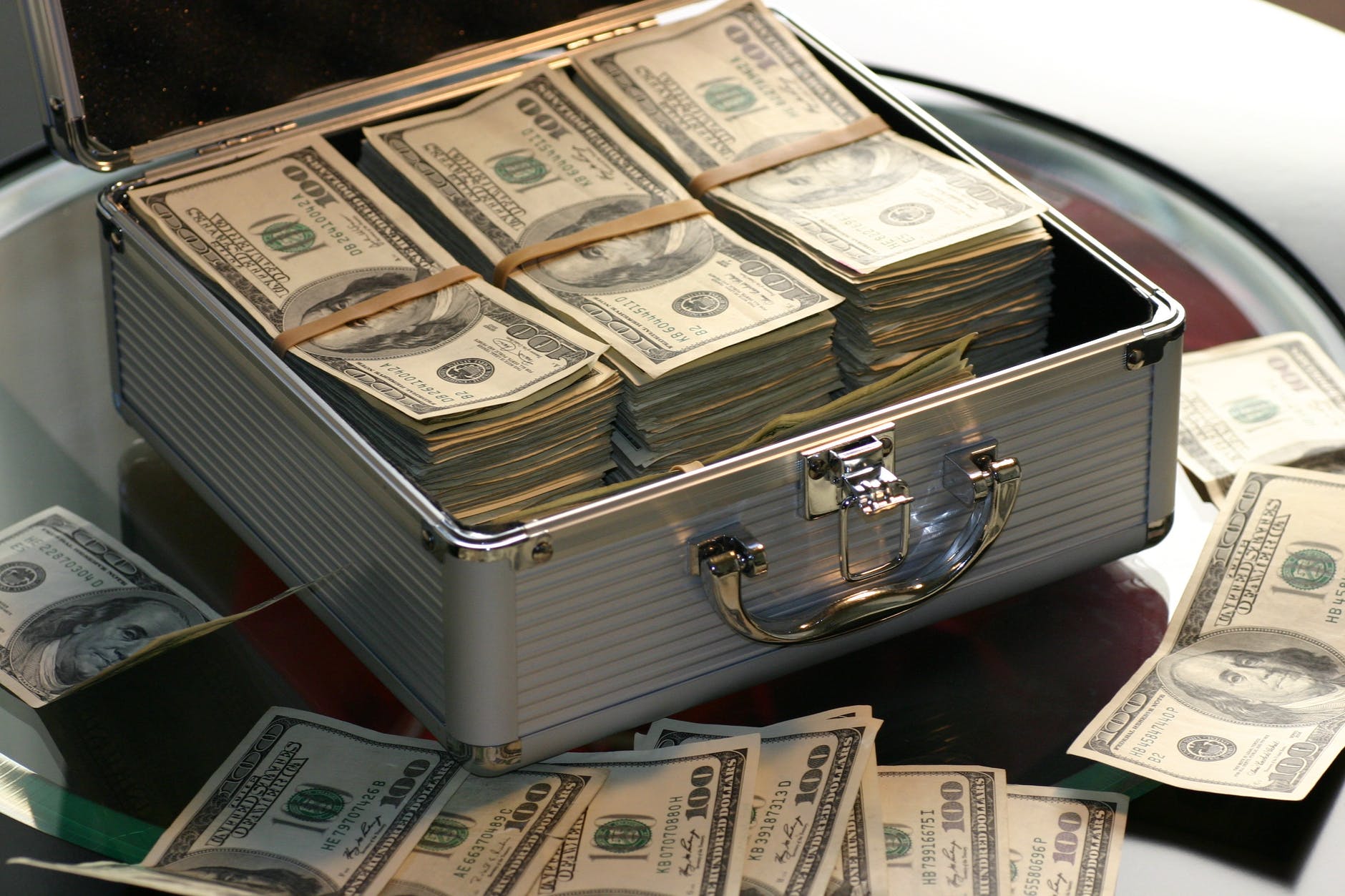What is tradeoff economics?
Economics is all about tradeoffs. For every choice, there is an opportunity cost.
On a personal level, we make thousands of decisions every day. At the supermarket, we choose which groceries to buy. Choices are based on constraints such as money or values such as health habits.
In big decisions such as choosing your career path, you choose your college based on your grades, tuition fees, and passion. Each one of us is different in his/her choices, and everyone makes a different tradeoff. For every choice, there is a tradeoff.
Tracking your spending budget can be really useful in putting the concept of tradeoff into perspective. Having exact spending numbers sorted according to different categories such as house expenses, dining out, and medical expenses will make you spot tradeoffs.
By tracking, you can notice bad and good spending habits and maybe think of making other choices in the following months.
Evaluating tradeoffs
Evaluating tradeoffs is the third step in the exploring stage of the decision-making process.
For every small and big decision you make, you need to evaluate your tradeoffs.
Small daily choices are usually made in split seconds.
For example, eating a healthy diet is a big decision; however, buying healthy food and keeping up with the diet are small decisions. We sometimes succeed and sometimes not, but we do not thoroughly think while making and executing such small decisions.

On the contrary, you need to treat big decisions a little differently. You might need to use a decision tool or more to evaluate your opportunity costs.
What are the things you can’t compromise on or compensate for? What are you leaving on the table by making your decision?
For example, you are emigrating to another country, seeking a better job and living conditions.
You will get a new house, better weather and more holidays. But you are leaving your big family behind, and you will visit them once a year.
It’s easier said than done. It’s always harder to compensate for the social aspects of decisions, such as relationships.
For example, deciding to cheat on your partner will breach your personal integrity forever.
Thinking about tradeoffs: Does it really matter?
We live in a fast-moving world that emphasizes maximizing benefits and optimizing experience and production processes. We hate slack, and we seek to minimize costs and time-wasting.
Thinking about life in economics terms that values money and material in general over anything is shortsighted. The term tradeoffs mean by default, we traded something for another.
The actual fact is that we should choose not to trade. We choose based on our values and principles, so it’s not a tradeoff when we make a choice. There is no opportunity cost here; we didn’t lose an opportunity; we made the opportunity.
Conclusion
It’s essential to be aware of the tradeoffs economics concept. It’s a critical step in the exploring stage of the decision-making process, especially in big decisions. However, don’t ever think of your life as a trade and your choices as a loss of opportunities.
Let’s connect on X
Want to read more?
Subscribe to the Life & Work Newsletter, and every Friday, read one thought-provoking idea about human behavior.
2 replies on “Tradeoffs economics in decision-making”
Hi thanks for sharing thiss
Thanks for reading